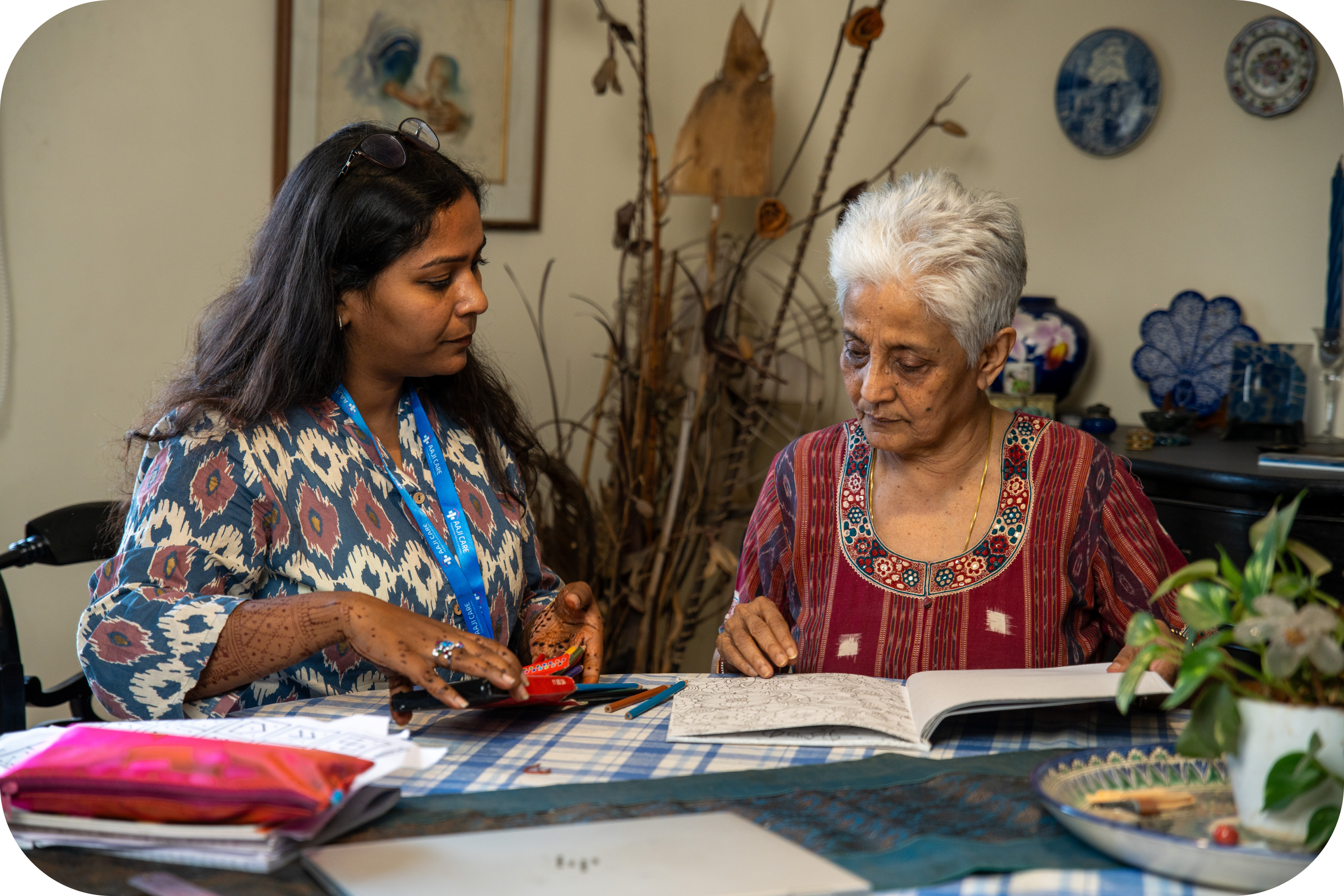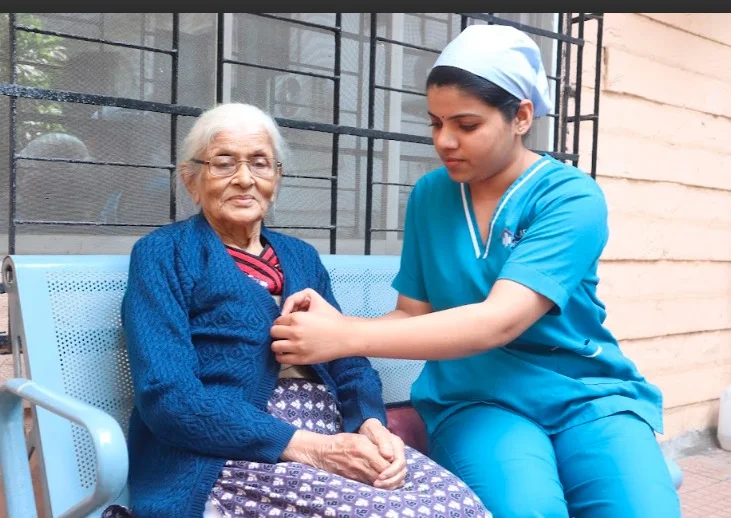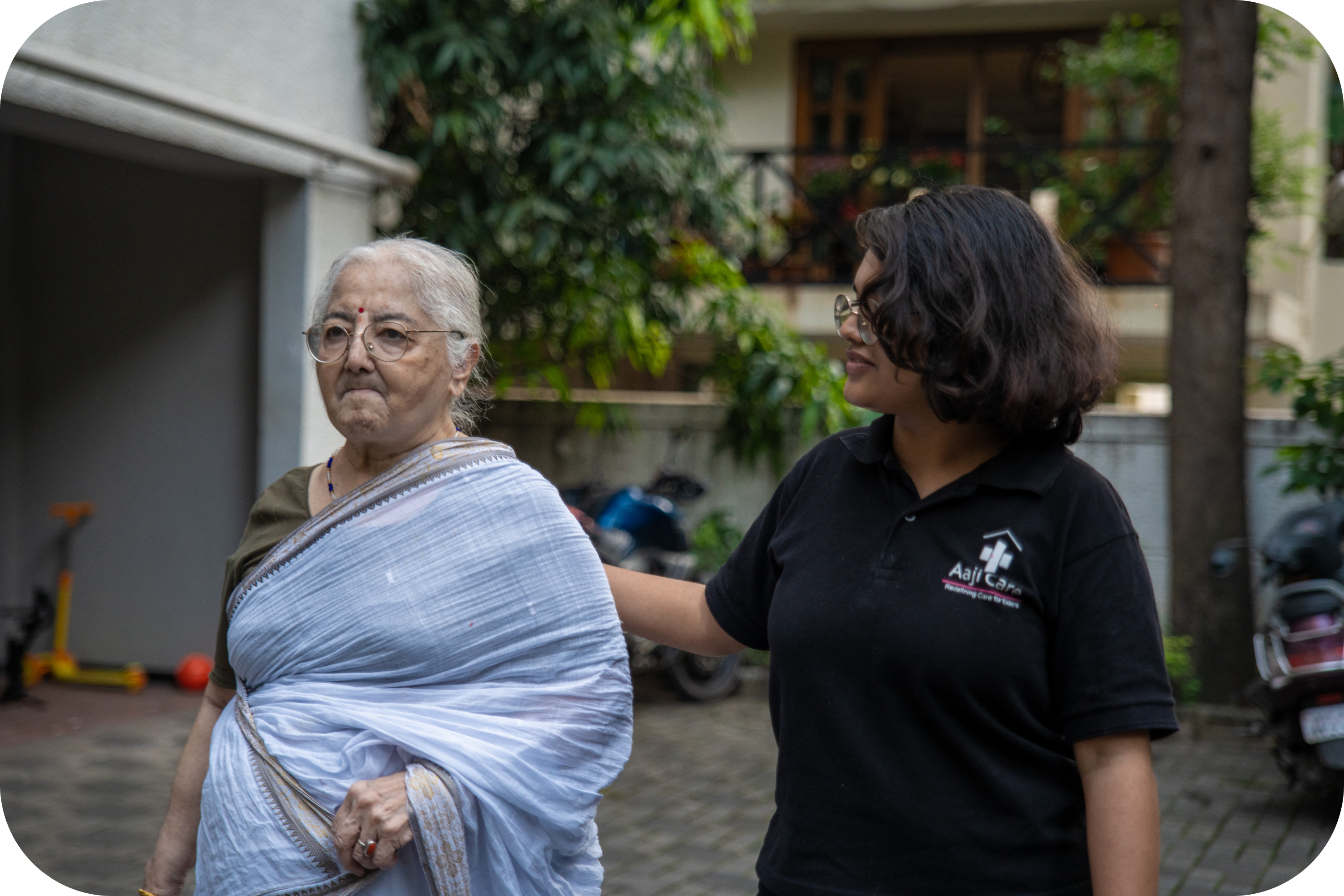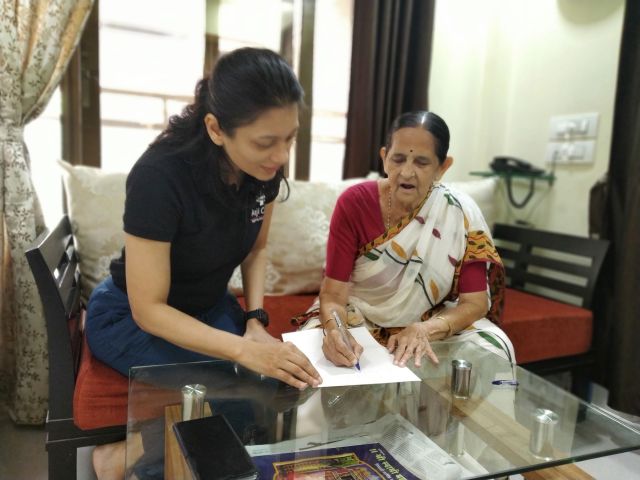
Benefits of Geriatric Counselling
All Of Us, At Some Point In Life, Have Had Relatives, Grandparents, Or Neighbours Who Are Senior Citizens Or Can Be Considered The Elderly. One Day, As I Was Speaking To My Colleague, She Mentioned Having An Elderly Lady As Her Neighbour In Her Building. My Colleague Revealed That The Elderly Lady Was A Retired Teacher And Principal Who Lived Alone, As Her Husband Had Passed Away Five Years Ago And Her Children, Along With The Grandchildren, Lived Abroad. As The Granny Grew Older, She Could Sense A Diminished Capacity In Her Physical Mobility, Which Prevented Her From Going About Doing Her Chores And Socialising As Easily As She Could Earlier. The Decreasing Independence, Combined With Being Alone, Slowly Started Settling Into Feelings Of Loneliness And Depression. Such Incidents Are So Common These Days, Where Elders Are Usually Left Behind After Their Spouses Have Passed Away And Children Working In Different Countries Frequently Experience A Great Deal Of Loneliness, Isolation, And Even Depression. This Then Becomes A Growing Concern As Age-Related Deterioration Is Further Exacerbated By The Onset Of Mental Health Concerns. What, Then, Can Be Done To Help Elders, Who Once Were Young Adults Going On About Living Their Lives Independently But Now Find Themselves In Increasing Need Of Not Just Physical But Also Emotional, Mental, And Social Support? One Way Of Helping Elders Deal With Mental Health Concerns As A Result Of Isolation, Loneliness, And The Normal Process Of Ageing Is Through Geriatric Counselling. Geriatric Counselling Is A Form Of Therapy That Aims To Address The Unique Needs And Challenges Of The Elderly Population.
Understanding Geriatric Counselling
Geriatric counselling is a specialised form of therapy that focuses on the emotional, mental, and social well-being of elderly individuals. It is a collaborative process between a trained counsellor and the elderly person, where the counsellor provides a safe and supportive environment for the elderly person to discuss their concerns and issues.
Geriatric counselling is often used to treat a wide range of issues, including depression, anxiety, grief and loss, care giver stress, and life transitions. The counsellor may use various techniques such as cognitive-behavioural therapy, mindfulness, arts based therapy, activities and person-centred therapy to help the elderly person cope with their challenges and improve their quality of life.
Benefits of Geriatric Counselling
Geriatric counselling can have numerous benefits for elderly individuals. Firstly, it can help them manage their emotions and cope with the changes that come with ageing. This can lead to improved mental health and a greater sense of well-being. Secondly, geriatric counselling can help elderly individuals improve their relationships with others. As we age, our social networks can often become smaller, but geriatric counselling
can help address this by providing a safe and supportive environment for elderly individuals to connect with others. Finally, geriatric counselling can help elderly individuals maintain their independence and improve their overall quality of life. By addressing any mental health issues or concerns, they can be better equipped to manage their daily lives and continue to engage in activities that bring them joy and fulfilment.
Geriatric Counselling Statistics
According to a report by the National Council on Ageing, nearly 1 in 4 adults aged 65 and over experiences some form of mental health issue, such as depression or anxiety. However, only a small percentage of these individuals seek help from a mental health professional. This highlights the need for greater awareness of the benefits of geriatric counselling and the importance of promoting mental health among the elderly population.
Geriatric Counselling Techniques
There are various techniques that can be used in geriatric counselling, depending on the individual’s needs and preferences. One common technique is cognitive-behavioural therapy (CBT), which involves identifying and changing negative thought patterns and behaviours that may be contributing to mental health issues. Another technique is mindfulness-based therapy, which involves training the individual to focus on the present moment and become more aware of their thoughts and feelings. This can help reduce stress and anxiety and improve overall well-being. Person-centred therapy is another technique that can be effective in geriatric counselling. This approach involves providing a supportive and non-judgmental environment for the individual to explore their thoughts and feelings and work towards their goals. Similarly, engaging the elders in cognitively stimulating activities such as games, puzzles, activity books or using their fine motor skills in arts based activities can help them remain meaningfully engaged
Common Issues in Geriatric Counselling
There are several common issues that may arise in geriatric counselling. One of the most common is depression, which can be caused by a variety of factors such as social isolation, the loss of loved ones, and physical health issues. Another common issue is anxiety, which can be caused by a fear of falling, financial
concerns, or health-related worries. Feelings of guilt and shame may also be common if the elders worry about being a burden on the family members for depending upon them for their needs and functioning
The Role of Family in Geriatric Counselling
Family members can play an important role in the geriatric counselling process. They can provide support and encouragement to their loved one and may also participate in family therapy sessions to address any interpersonal issues. It is important for family members to be supportive and understanding of the challenges that their loved one may be facing. Family members can also help promote mental health and
well-being by encouraging their loved ones to engage in activities that they enjoy and providing a safe and supportive environment.
Finding the Right Geriatric Counsellor
Finding the right geriatric counsellor is essential for a successful counselling experience. It is important to look for a counsellor who has experience working with elderly individuals and who is trained in geriatric counselling techniques. It is also important to find a counsellor who is a good fit for the individual’s personality and preferences. The counsellor should be someone who is supportive, understanding, and non-
judgmental.
Geriatric Counselling Services
Geriatric counselling services are available in a variety of settings, including hospitals, community centres, and private practises. In many instances, where the elders are unable to travel, the counselling services can also be provided by the counsellors visiting the homes of the elderly.
Success Stories in Geriatric Counselling
There are many success stories in geriatric counselling where elderly individuals have been able to overcome their challenges and improve their quality of life. For example, the elderly who is struggling with depression and social isolation is able to find support and connection through geriatric counselling by the way of building new friendships and engage in activities that brings them joy and fulfilment. Or if the elderly are dealing with health related anxieties, through geriatric counselling, they are able to develop coping strategies and improve overall well-being.
Conclusion
Geriatric counselling can have a powerful impact on the quality of life of elderly individuals. By addressing mental health concerns and providing a supportive environment for connection and growth, geriatric counselling can help promote independence and overall well-being. If you or a loved one is struggling with mental health issues related to ageing, consider seeking the support of a geriatric counsellor. By taking this step, you can work towards a happier and more fulfilling life in your golden years.





